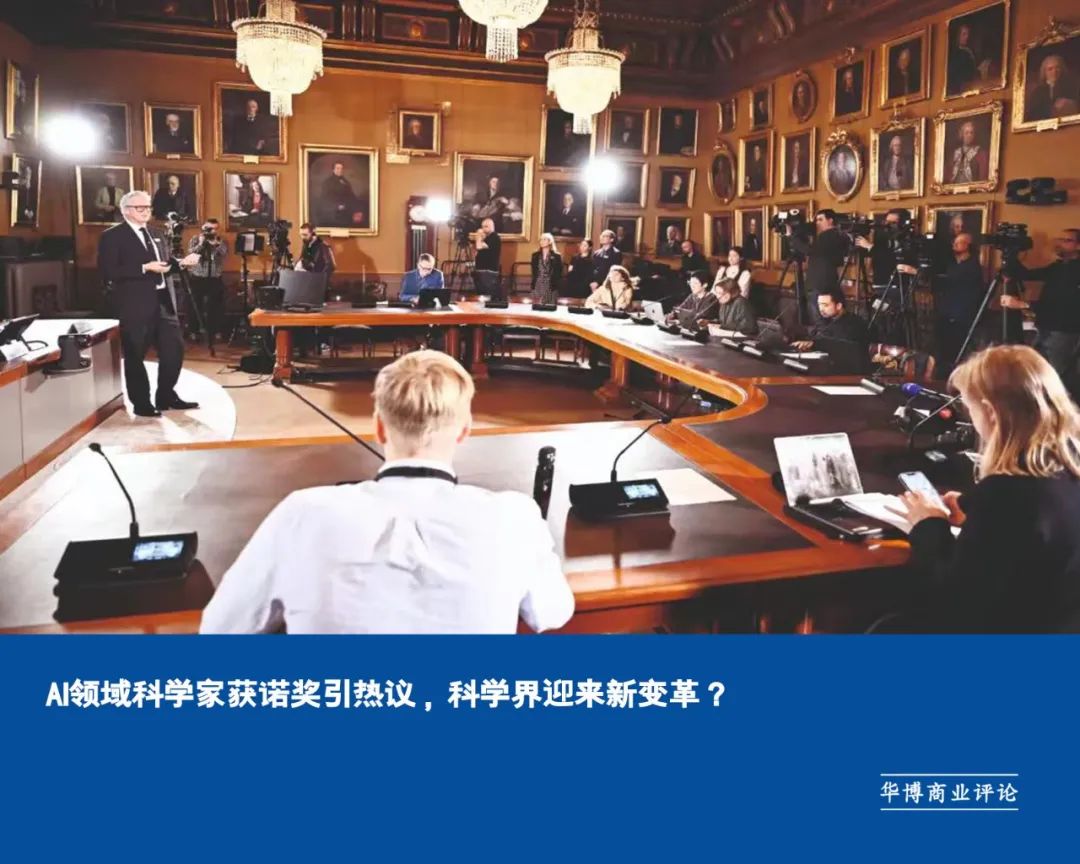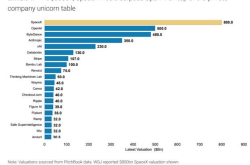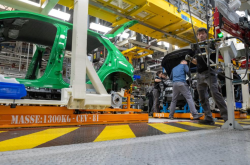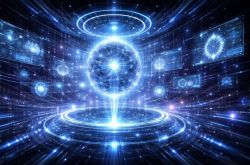AI scientists win Nobel Prizes, sparking heated debate and ushering in a new era of scientific change?
![]() 10/18 2024
10/18 2024
![]() 620
620

Produced by | Huabo Business Review
In 2024, the Nobel Prizes in Physics and Chemistry were both awarded to scientists in the field of AI.
Many people exclaimed that AI was the biggest winner of this year's Nobel Prizes!
01
"Physics and Chemistry No Longer Exist"
On October 8th, the 2024 Nobel Prize in Physics was announced, with American scientist John J. Hopfield and Canadian scientist Geoffrey E. Hinton winning for their fundamental discoveries and inventions in the field of artificial neural networks.
This news sparked widespread discussion, as artificial neural networks are generally regarded as a research direction in computer science and the foundational theory of artificial intelligence (AI), rather than part of traditional physics. Many questioned whether the Physics Prize had crossed disciplinary boundaries.
Even the winners themselves did not anticipate receiving the Nobel Prize in Physics, leading to jokes on social media like "AI can't believe it won the Nobel Prize in Physics."
After the announcement of the Physics Prize, many figures in the physics community shared the famous quote from "The Three-Body Problem": "Physics does not exist" to express their disbelief and confusion. Some even joked that "the Physics Prize has become a Math Prize."
Consequently, some enthusiasts boldly predicted that the Nobel Prize in Chemistry, already a "comprehensive science award," might also be given to AI-related research.
To their surprise, this prediction came true. On October 9th, three scientists were awarded for their contributions to computational protein design and protein structure prediction, both of which are closely related to AI.
The announcement of the Chemistry Prize further fueled discussions, with many chemists lamenting that "neither Physics nor Chemistry exist anymore." Online, jokes emerged like "If Nobel knew about this year's Nobel Prize results, he would have to switch to coding overnight."
Moreover, netizens joked, "Isn't the Nobel Prize in Literature going to be awarded to ChatGPT next?" "Will the Grammys go to Suno (AI music generation software), and the Oscars to Sora (OpenAI's large language model for video generation)?"
02
A New Era of Scientific Change
Of course, these are just jokes. The Physics and Chemistry Prizes were awarded to researchers with outstanding contributions in the field of AI precisely because they have driven the development and progress of these disciplines.
The Physics Prize winners, John J. Hopfield and Geoffrey E. Hinton, received their awards for their pioneering contributions to the field of artificial neural networks.
Liu Miao, a researcher at the Institute of Physics, Chinese Academy of Sciences, pointed out that the essence of artificial neural networks lies in simulating how nerve cells in living organisms receive signals and provide feedback. With the continuous improvement of computer hardware and computing power, this simulation process has become more accurate, enabling machines to think and make decisions more similarly to humans.
Notably, Hinton's foundational theory of artificial neural networks incorporates concepts from statistical physics, which not only enhances the performance of neural networks but also provides valuable insights and assistance for the development of quantum physics, astrophysics, and other fields.
Zhang Hongjiang, Founding Chairman of the Beijing Academy of Artificial Intelligence and Foreign Member of the National Academy of Engineering, stated in a video shared with TMTpost that AI plays a significant role in scientific research, particularly in physics. He believed that the two winners of the Physics Prize deserved their recognition. "I think this is a great validation of AI's future potential. I believe that physics and AI will become inseparable in the future," he said.
Similarly, the Nobel Prize in Chemistry this year was also awarded to researchers associated with AI.
David Baker developed an algorithm that can design entirely new proteins from scratch, while Demis Hassabis and John M. Jumper utilized AlphaFold to successfully predict the three-dimensional structures of nearly all of the 200 million known proteins. These achievements have not only improved the efficiency of protein research but also marked the rise of AI in the field of biochemistry.
Alex Zhavoronkov, Founder of Insilico Medicine, believes that AI has had a profound impact on science and technology and will change human lives. The Nobel Prizes will inspire more people to explore the value of neural networks, especially in drug discovery.
Professor Dou Dejing, Chief Scientist at Beijing University of Posts and Telecommunications Digital Intelligence, told TMTpost that the Chemistry Prize awarded to DeepMind's Hassabis and Jumper was well-deserved for their contributions to protein structure prediction. Using AlphaFold, they accurately and cost-effectively predicted complex protein structures that had previously required extensive time and effort from biologists, revolutionizing the mode of biological science research. The Physics Prize to AI researchers, on the other hand, represents the scientific community's recognition of AI's contributions. However, Professor Dou noted that AI's direct contributions to physics itself are not yet evident.
Sanlian Life Weekly believes that this year's Nobel Prizes are destined to be recorded in history. They not only mark the full rise of AI and the scientific community's official recognition of it but may also signify a shift in the fundamental mode of scientific research. In the future, AI will be more deeply integrated into natural science research, driving progress and development in scientific research.






